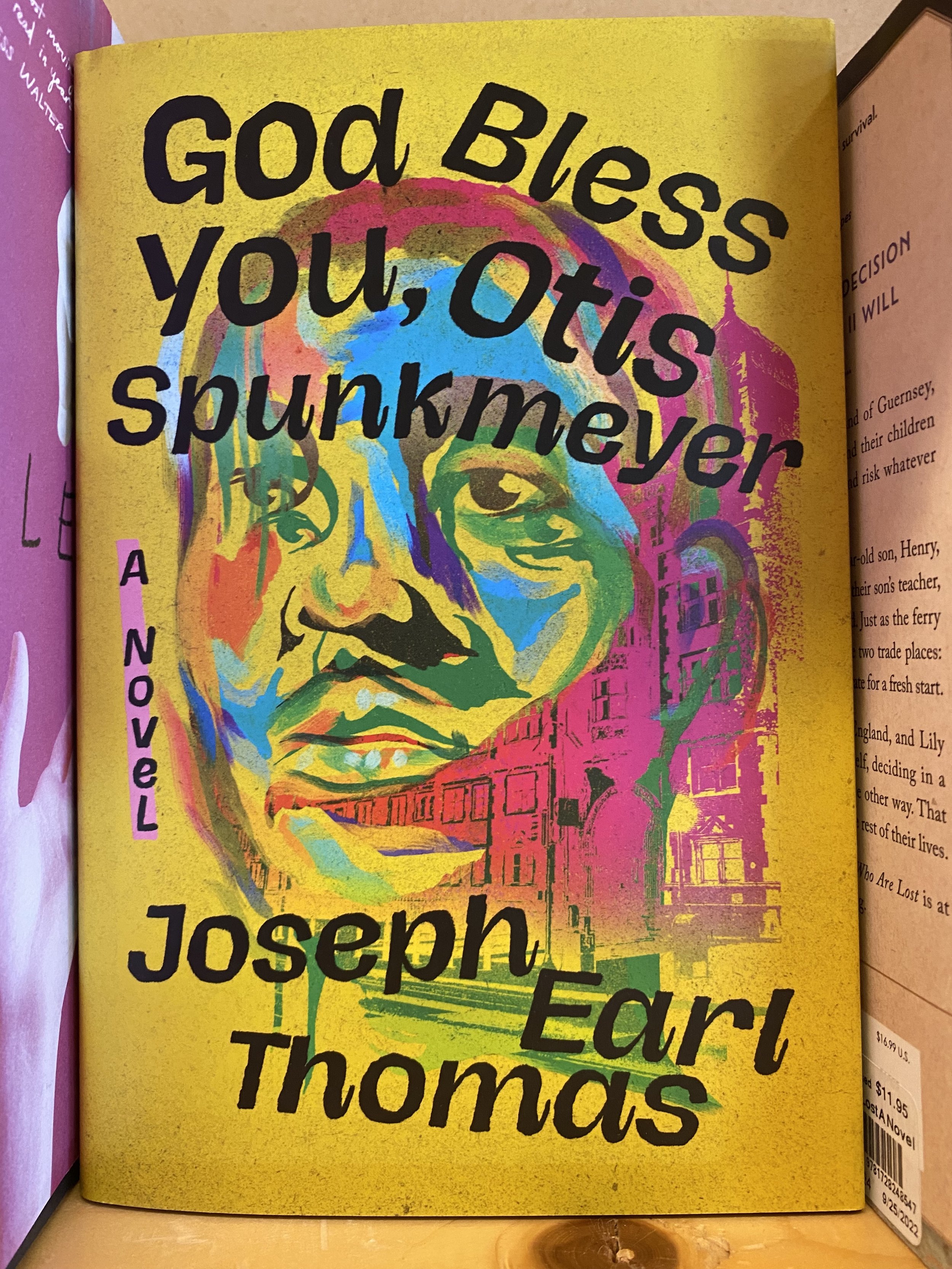4/5 stars
What's it about? Capote dazzles and delights in his short fiction, ordered here chronologically, that captures the angst of youth in the rural South, the loneliness of mid-century American cities, and the intricacies of nuanced sexuality.
How’d I find it? A dear friend of mine knew Truman Capote and dismissed him as a “fascinating drunk.” The comment inspired me to read him all the more, having adored In Cold Blood.
Who will enjoy this book? If you appreciate F. Scott Fitzgerald, you’ll love these smart tales. Let’s be real: this book appeals to all short story aficionados.
What stood out? I started reading this book at the end of a New York trip, and it suited the occasion perfectly. Take this collection with you in the bustle of a city. Read it in a crowded bar. These stories of daily failure, from a Haitian prostitute settling down, to a child examining his unusual relationship with an adult cousin, prove Capote’s gift in crafting vivid worlds. “Jug of Silver” and “The Headless Hawk” were standouts.
Which line made me feel something? This horrific little detail from “The Headless Hawk:” “Dusk, and nightfall, and the fibers of sounds called silence wove a shiny blue mask. Waking, he peered through eyeslits, heard the frenzied pulsebeat of his watch, the scratch of a key in a lock. Somewhere in this hour of dusk a murderer separates himself from shadow and with a rope follows the flash of silk legs up doomed stairs.“









